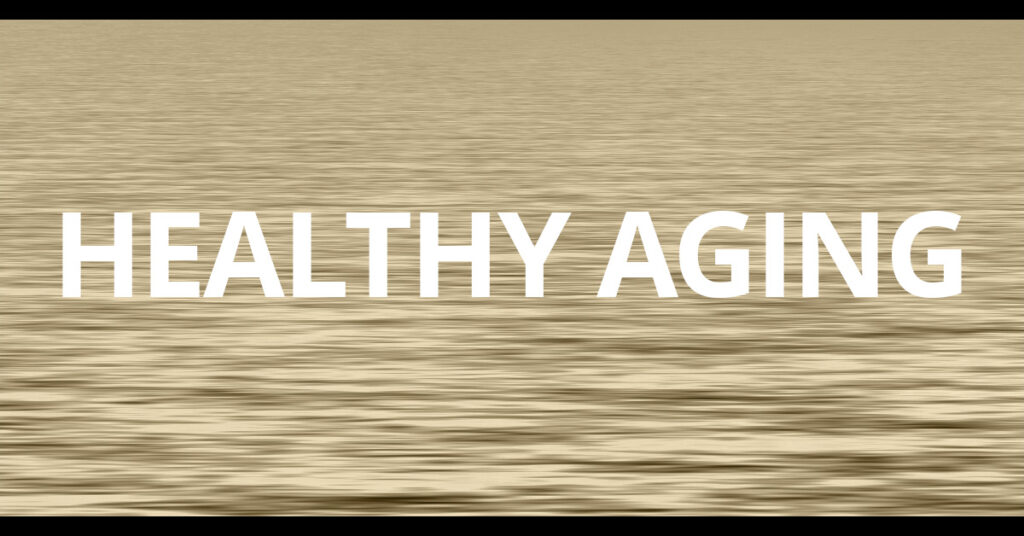Menopause can impact your body’s systems, from your skin and brain to your heart and skeletal structure. As estrogen levels drop, women are at increased risk for osteoporosis—a condition where bones become weak and more likely to fracture. That’s why focusing on bone density during perimenopause and beyond is so important. But fear not! You can take charge of your bone health starting NOW.
Pump Some Iron (Don’t Worry, No Bodybuilding Required!)
One of the best ways to combat bone loss is through resistance exercises. Weight resistance exercises are your new best friend. Don’t panic—you don’t need to start lifting like The Rock. Resistance bands, bodyweight exercises like squats, and light dumbbells are perfect for keeping your bones strong and happy. Aim for 2-3 days of strength training a week and slowly ramp it up.
Bone-Lovin’ Foods
Want stronger bones? Fuel them up! A healthy eating plan rich in vitamin D, calcium, and—don’t forget—protein will help keep your bones and muscles strong. Load up on fatty fish, fortified milk, kale, broccoli, almonds, and plenty of protein-packed foods like lean meats, eggs, and legumes. And if your eating plan isn’t cutting it, consider chatting with your doc about supplements.
Slow and Steady Wins the Bone Race
Maintaining a healthy weight is also essential, but avoid rapid weight loss, which can weaken your bones. If you’re working on shedding pounds, take it slow and steady to keep your bones happy!
Stay Active, Stay Fabulous
Exercise doesn’t need to be hardcore. A brisk 30-minute walk, five days a week, is all it takes to keep those bones in shape. Bonus: You’ll feel amazing!
When to Be Concerned About Your Bone Health
While exercising and eating well are significant steps to take, certain signs may signal bone issues:
- Aching or burning sensations in your bones.
- Experiencing a bone fracture from a minor fall (also known as a fragility fracture).
- Taking medications like corticosteroids or immunosuppressants.
- Having a family history of osteoporosis.
- Suffering from an autoimmune disease such as rheumatoid arthritis.
- X-ray results showing osteopenia (bone thinning).
If you’re experiencing these symptoms, it’s time to see your menopause specialist. They may recommend treatments like hormone therapy (HT) or other medications to help protect your bones.
So, ladies, let’s lift, eat, and strut our way to stronger bones. You’ve got this!
Stay fearless, fabulous, and informed!
Suffering in silence is OUT! Reaching out is IN!
Sign up for Fearless VaginaTM A Crash Course in Mastering Menopause
Check out my fabulous Fearless VaginaTM Store
If you want to educate your employees, colleagues, or friends about menopause, look no further! Book Ellen for your next event.
Sign up for Menopause Mondays® Blogs
Be sure to follow me on Instagram, Facebook, and LinkedIn.
*EllenDolgen.com does not recommend, endorse, or make any representation about any tests, studies, practices, procedures, treatments, services, opinions, healthcare providers, physicians, or medical institutions that may be mentioned or referenced. The information, including opinions and recommendations, contained on this website is intended for informational and educational purposes only. Such information is not intended to be a substitute for the advice of an appropriately qualified and licensed physician or other healthcare provider.





